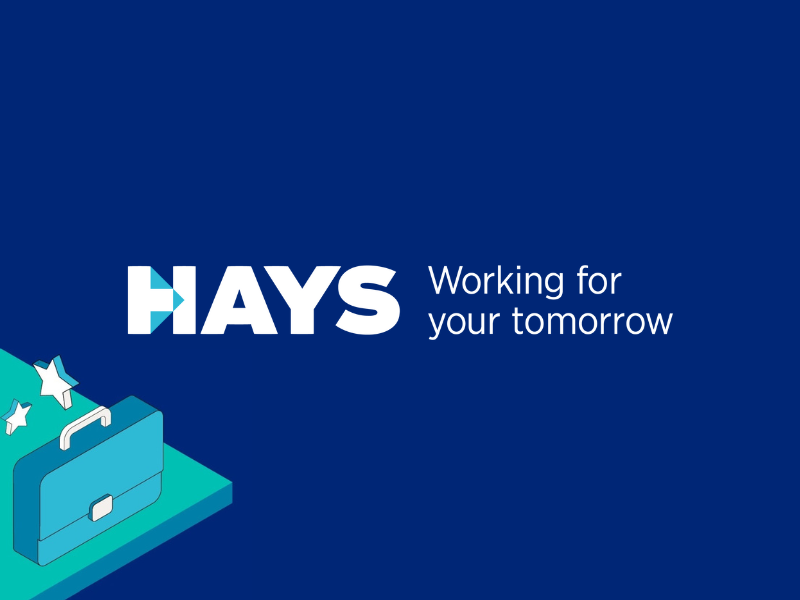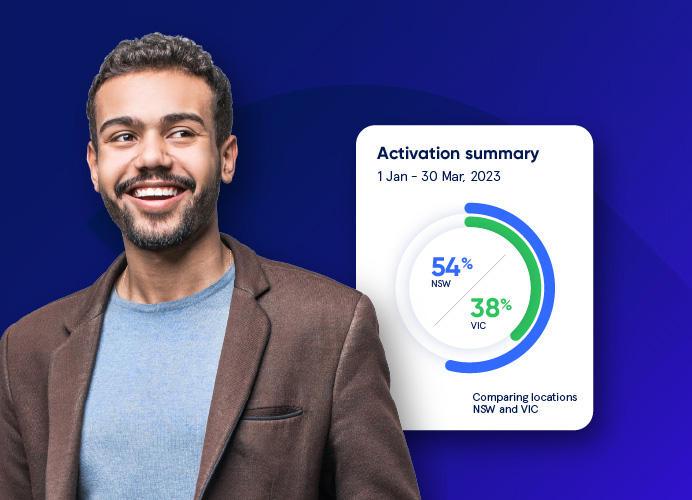What does it mean to be an agent of change for employee wellbeing?

Insights.
Today’s CEOs and senior leaders have become personal agents of social change and true impact players across their ever-expanding ecosystems of influence. This is different from the late 1990s and early 2000s trend of “corporations as social change agents” and reflects the growing expectation that leaders individually speak up for organisational and societal change.
The newly-amplified platform of CEOs and leaders has been spurred on by structural shifts caused by the COVID-19 pandemic – including its “collective [community] trauma” and transformation of the workplace.
A new era of health uncertainty and geopolitical instability has also meant that people are increasingly looking to their leaders to assume a stronger voice as well as a more active role in instigating meaningful change.
Agents of change
To do this, CEOs and leaders who are reshaping employee and organisational wellbeing have become agents of change who fulfil five key roles:

They are:
- Embracing their responsibility for wellbeing;
- Investigating truths not believing wellbeing myths;
- Challenging the status quo and breaking existing conventions;
- Integrating wellbeing into their organisational practices; and
- Advocating for advancements in wellbeing – both inside their organisations and on the broader stage.
They are not:
- Needing to apologise publicly for their “autocratic” and “destructive” leadership;
- Tolerating workplace stress to the tune of $1.1 million in compensation bills;
- Overlooking “a culture rife with bullying and intimidation”;
- Making headlines with a “historic settlement” for sexual harassment; or
- Tragically losing team members, and getting fined for “foreseeable” safety risks.

Agents of change understand “The Healthy Organization Maturity Model”
Agents of change understand the evolutionary shift from ‘wellbeing as a benefit’ to wellbeing as part of “The Healthy Organization Maturity Model” articulated by Josh Bersin.
In Bersin’s model, level one is employee safety, level two is employee wellbeing, level three is “healthy work”, and level four is a “healthy organization” – where a strategic, holistic view of wellbeing is embedded in the culture, thanks to active leadership support.

Agents of change understand the positive outcomes of wellbeing
A “healthy organization” brings together healthy people, healthy work, and healthy culture, whilst also achieving positive business, innovation and people outcomes, says the research of Bersin.

Agents of change embrace, not ‘read and forget’, employee wellbeing statistics
Agents of change understand the onus for action starts with them, so they don’t shy away from hard-hitting statistics about workplace aggression, bullying and harassment, suicide and depression, domestic and family violence, absenteeism, and employee expectations.
Instead, their concern for the long-term health and resilience of their organisation drives them to rally key players and question:
- Why are 50 per cent of employees subject to bullying or harassment?
- How can we better help the 26 per cent of employees who have considered suicide?
- Why are 35 per cent of employees experiencing workplace aggression from our managers?
- What more can we do to protect and support the 23 per cent who have experienced domestic and family violence?
- How can we improve our culture so 42 per cent of employees don’t need to take time off due to concerns about their mental wellbeing?

Download our new guide
To read more about the roles and characteristics of CEOs and leaders who are reshaping organisational wellbeing, we invite you to download our new guide here which will:
- Explain five roles of CEOs and leaders who are reshaping organisational wellbeing;
- Share case studies from Accor, Atlassian and Woolworths; and
- Help you understand how to lead and build a healthier organisation.

Want to learn more?
For more information about how Sonder can help you rethink your student and employee support, we invite you to contact us here.
About Sonder
Sonder is an Active Care technology company that helps organisations improve the wellbeing of their people so they perform at their best. Our mobile app provides immediate, 24/7 support from a team of safety, medical, and mental health professionals - plus onsite help for time-sensitive scenarios. Sonder clinicians hold certifications across the United Kingdom, Australia and New Zealand. This puts us alongside leading hospitals and healthcare institutions around the world.
Related posts
There's so much more to share
Sonder is reimagining health, safety and wellbeing support. Sonder proves human centric care leads to earlier intervention. Sonder impacts one person at a time to drive meaningful change across an organisation. Sonder understands people and how to support them.






